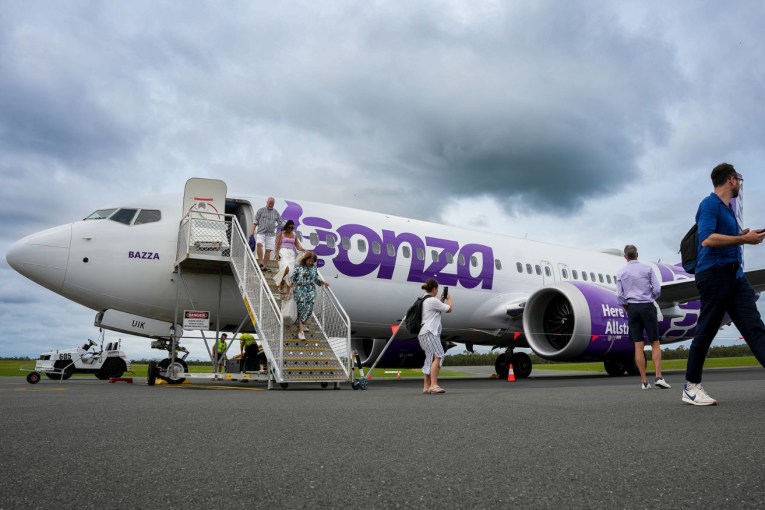China’s pig-virus epidemic is making our summer barbecues more expensive


African Swine Fever has decimated the global pork supply, making Australian exports more valuable. Photo: The New Daily
An outbreak of African Swine Fever has decimated China’s pork industry, and it’s pushing up the price Australians are paying for several kinds of meat.
There is no vaccine for the contagious viral disease, which spreads through direct contact, through ticks, and even carried by ‘fomites’ – inanimate objects such as clothing, farm machinery, and feed.
The disease kills around 80 per cent of the pigs it infects, and its spread through China has forced the government to cull millions of pigs.
That’s a massive loss for a country where the average citizen is predicted to eat almost 35 kilograms of pork in 2020 alone.
China consumes around half the world’s pork, and as their supplies have plummeted their demand for Australian produced meat – including pork substitutes like beef and lamb – has skyrocketed.
According to IBISWorld, demand for Australian pork, beef and lamb imports grew 63 per cent between January and November 2019.
Demand forcing prices up
Matthew Reeves, senior industry analyst with IBISWorld, told The New Daily the price of pork lifted around 40 per cent between January and December 2019.
By the start of 2020, it reached $3.87 per kilo, “a lot higher than we’ve seen over the past three or four years” he said.
That’s good news for farmers, especially pork producers which Mr Reeves said have been battling with an oversupply problem that’s undercut prices for the past few months.

Source: Department of Agriculture
But those higher prices will also flow back to consumers’ wallets, making the remainder of the 2020 barbecue season more expensive than 2019.
“It’s great news for the industry as a whole,” Mr Reeves said.
“[But] there’s already been some price rises over the past year that will make lamb for Australia day more expensive.”
Little end in sight
Matt Dalgleish, senior market analyst with market intelligence firm Mecardo Analysis, told The New Daily China is unlikely to fix their Swine Fever problem this year.
“There have been some announcements from the Chinese government lately saying they’re getting back on track to eliminate the virus, but we’re not so confident,” he said.
Mr Dalgleish said around 85 per cent of China’s pork producers are small businesses, often single-family operations with less than 1000 pigs.
These producers don’t have the kinds of strict biosecurity requirements that larger producers often put in place, and in some cases different farms will share equipment and staff – increasing the risk of the disease spreading.
The disease can also survive outside of a living host for several weeks, Mr Dalgleish added, meaning dust, dirt, unwashed clothing, and machinery can all provide a “natural reservoir” for reinfection
“Based on the nature of the virus, and the nature of the Chinese market, it would suggest they haven’t had enough time to restructure,” Mr Dalgleish said.
“It’s not that the Chinese government isn’t doing it, but it’s going to take years; they won’t have done this by the end of 2020.”








